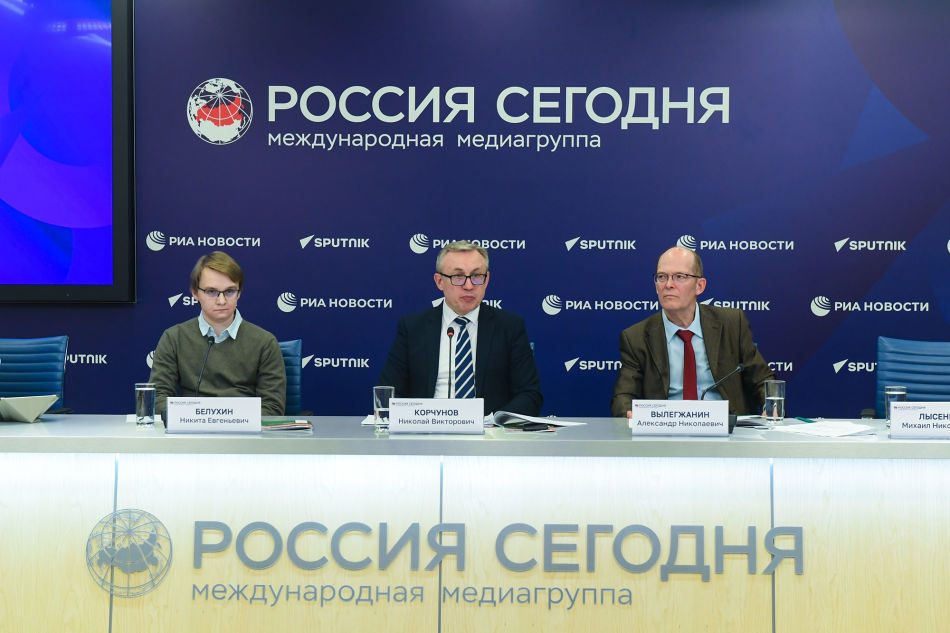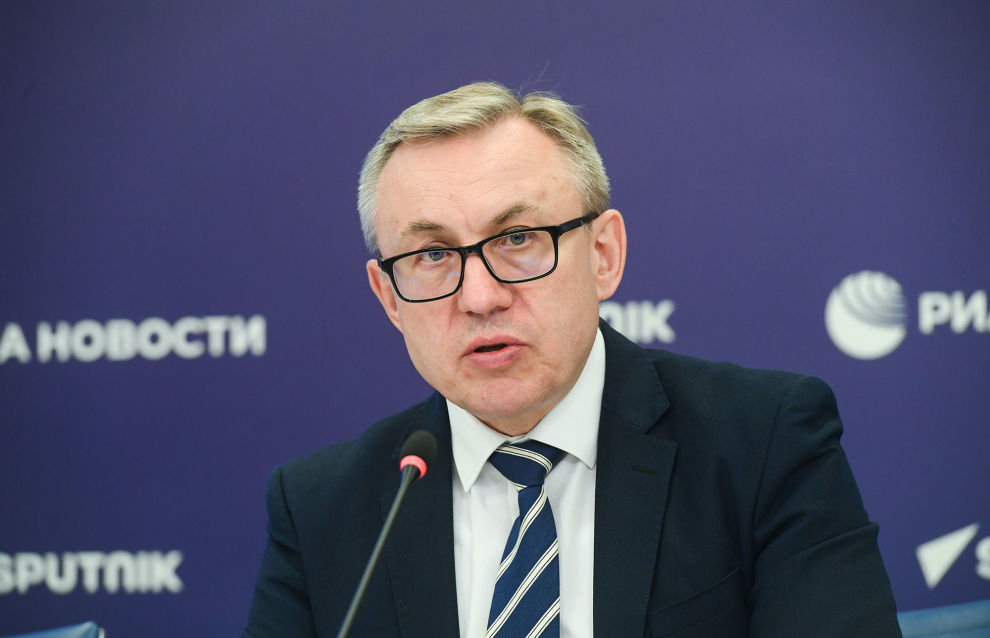Russian Foreign Ministry: Arctic Council’s future depends on Norwegian presidency
Speaking at the roundtable discussion, ‘The results of Russia’s Arctic Council presidency and the future of regional cooperation,’ Nikolai Korchunov, the Russian Foreign Ministry's Ambassador at Large and Russia's Senior Arctic Official to the Arctic Council, noted that the future of the Arctic Council depended on the Norwegian presidency. However, it remains unclear to what extent they will be able to facilitate the equitable involvement of all members, he added.
“First, the Arctic Council is a form of cooperation. When we hear statements that it is important to continue this work, while at the same time that they will not cooperate with Russia, the Arctic Council is clearly facing a serious challenge,” Korchunov said at the roundtable discussion at the International Multimedia Press Center at Rossiya Segodnya International Information Agency.

Alexander Vylegzhanin, Head of the International Law Faculty at the Russian Foreign Ministry’s Moscow State Institute of International Relations (MGIMO), noted that Arctic Council members were violating earlier prevailing cooperation practice.
“The fact that they are discussing various aspects of the domestic Ukraine crisis at the Arctic Council is like a punch in the gut. The council’s hysteria regarding developments in another region runs counter to earlier documents that aimed to promote cooperation,” he noted.
This behavior by the member countries leads to the substantial risks of losing Arctic unity, Nikita Belukhin, a junior research associate at the Primakov Institute of World Economy and International Relations, noted.
“Non-Arctic states are benefitting the most. It is one thing when the Arctic Council invites other countries to the Arctic on its own terms, however, the lack of unity allows non-Arctic states to use the disagreements for their own purposes,” Nikita Belukhin noted.
He also noted that the indigenous Arctic ethnic groups stood to lose in this situation.
“Many indigenous ethnic groups considered trans-border cooperation to be important; however, the sanctions that have been imposed are making this cooperation impossible,” Belukhin added.
